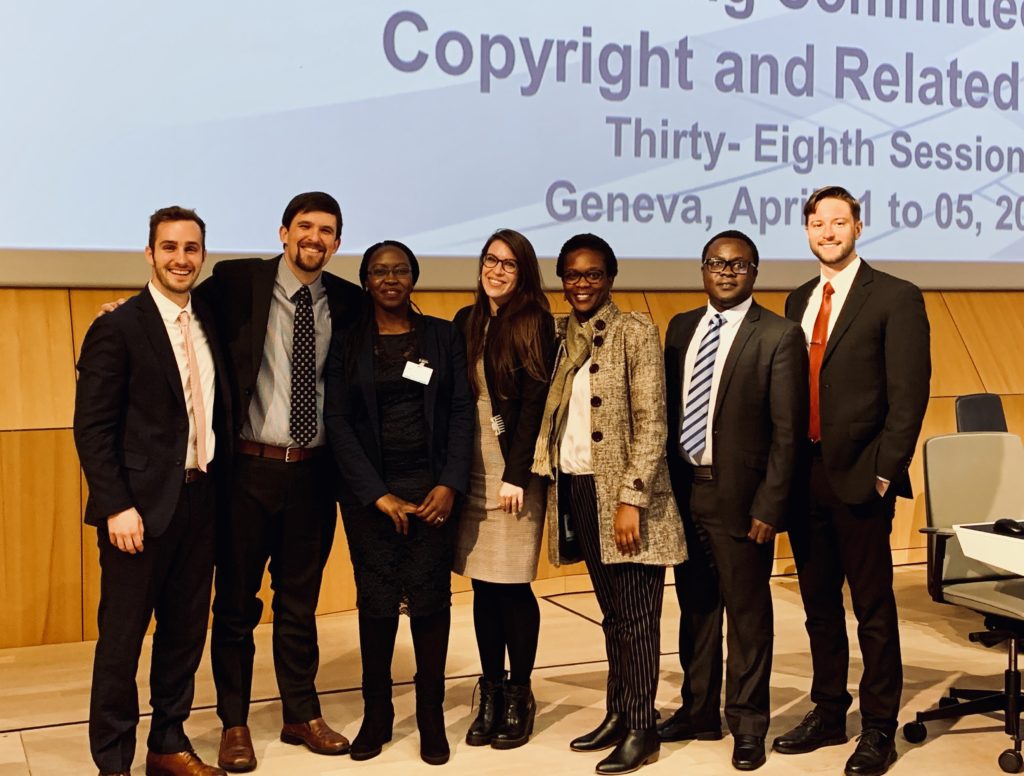(by Scott Goodstein, Colorado Law 3L)
On April 5, 2021, the TLPC—on behalf of the Association of Transcribers and Speech-to-Text Providers (ATSP), along with ATSP’s past president Jason Kapcala and Jonathan Band of the Library Copyright Alliance (LCA), presented at the Eighth Triennial Section 1201 Rulemaking Hearing in support of the Proposed Class 3 exemption to the anti-circumvention provisions of Section 1201 of the Digital Millennium Copyright Act (DMCA). Section 1201 prohibits users from circumventing technological protective measures (TPMs) that control access to copyrighted works, but allows them to apply for and receive temporary exemptions for a variety of noninfringing uses. The petition for the Proposed Class 3 exemption was filed on behalf of ATSP and in partnership with the Association on Higher Education and Disability (AHEAD) and the LCA.
Continue reading “TLPC Advocates for Expansion of Video Accessibility Exemption to Section 1201 of the DMCA”
